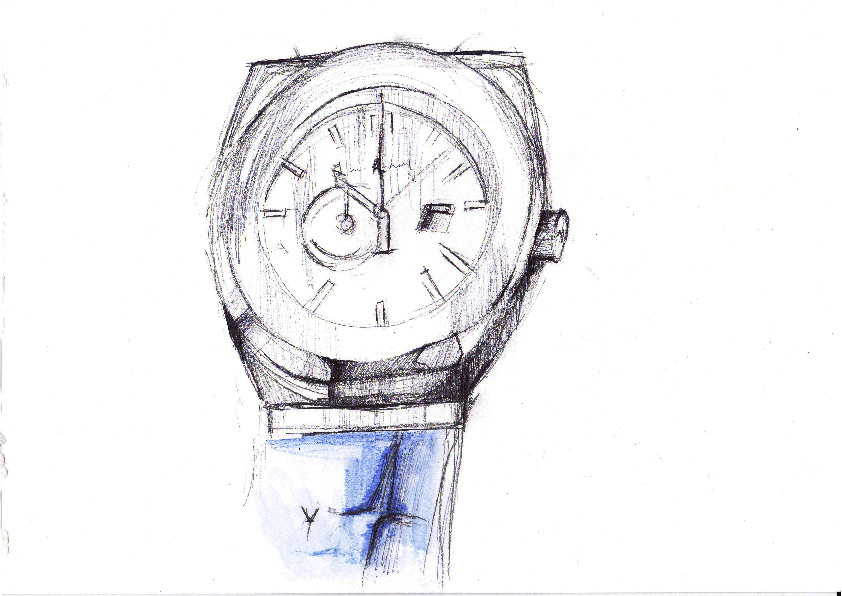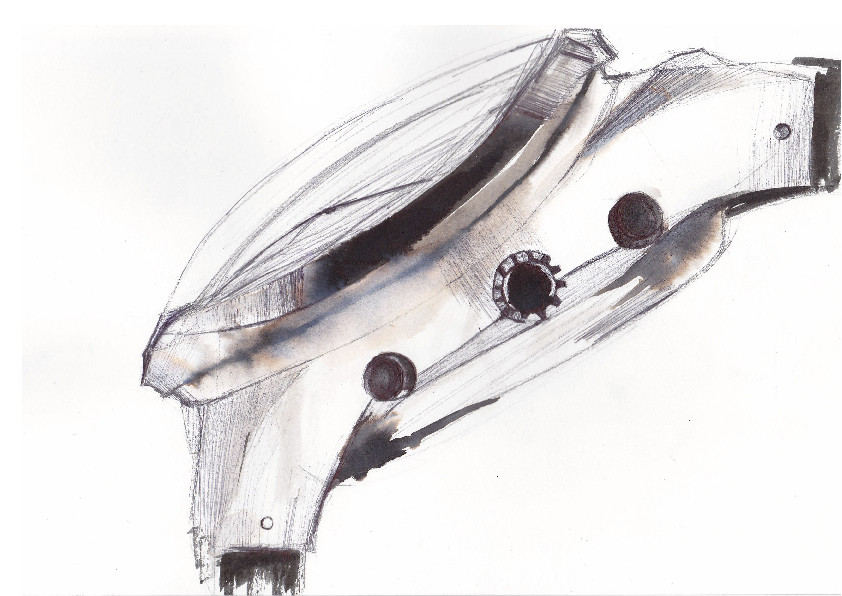Bruno Grande has been managing the Swiss watch brand JEANRICHARD since 2012. Following in the footsteps of his brother, a time keeper, Bruno was working for Olivetti, a relevant company at the time, in 1993, later for the Athletic Track & Field World Championship in Stuttgart. Little by little he made friends in the time keeping community, and soon met his wife who wanted to move back to Switzerland, where she is from. The way to work there, according to the JEANRICHARD Managing Director, is to manage connections and network.
Bruno, you started your career as a trainee in the marketing department of the Swatch Group. Did you find it difficult to understand the watch tradition?
Yes, but within the Swatch Group there are plenty of companies representing the tradition of watch making. The Swatch Group is the only real industrial player, so it was good for me to get acquainted with it and see that they believe in the industry. They started by doing everything themselves, including buying and selling. It’s an industrial way of working; transforming the materials into a finished product.
I understand JEANRICHARD have three centuries worth of heritage and history. How do you incorporate this within your current collections?
First of all we wanted to work in the way we believe Daniel Jeanrichard worked when founding the brand, because his ambition was projected towards the future. As at that time there was no watch industry in Switzerland, he had to be inventive. That’s how we want to work with our products, not only thinking about our past, even if we have a lot of heritage, but also by developing new products, innovating and continuing the tradition with the dedicated line, the 1681, where we have our own manufactured movement.
JEANRICHARD have sponsored various sports events and teams, including the Oxford and Cambridge boat race, the Paris rugby team Racing Metro or now also the Arsenal FC. What is your connection to sports?
I think sport is something that represents a lot of different values and is the best way to touch base with clients. We need to be where our clients are: If they are in the mountains, we need to be in the mountains; if they are in the middle of a vineyard, then we will be in the middle of the vineyard. We can use sport as an accelerator of awareness for JEANRICHARD, which is still very niche. Through sport we have a better chance to develop the brand. We are not able to generate a huge global advertising campaign, huge enough to develop awareness in a short time. By being inside events we can also reach other companies who will work with us as an extra accelerator of awareness for the brand. On several occasions we have been confronted with companies much bigger than our own. Connecting with them by working on a 360-degree communications platform is fantastic – and we can maximise the leverage and exposure of the brand.
Do you understand JEANRICHARD as a sporty brand?
Not only sporty. Our products are straightforward – you can use them doing sports as well as at the office. The 1681 collection, for instance, is elegant and respectful of the watch making tradition, and therefore less sporty but more suitable for the opera or wine tasting. We play around with the construction of the case; there are over 70 elements. If we can manage to get people acquainted with the values of our brand and the quality we provide for our positioning, we hope they will buy more JEANRICHARD.
Are sports and vineyards what you are seeing today?
This is just part of the JEANRICHARD Philosophy of Life, one of our main aspects. We talk to people who are taking a step back to look at life from some distance, maybe because they are successful and wealthy. For people who enjoy life to the fullest, what is better than drinking a fantastic red wine in front of the scenery like we saw in Verbier from the helicopter?
What about the fashion market?
There are plenty of things that become fashionable, such as taking a step back and looking at challenges with a distance. People are taking more time; the global crisis we experienced the past few years inspired a different perspective of life and its values. The important things in life matter more than the superficial. It’s not that we don’t want to enter the fashion market; I mean all markets can be fashion as well, for example in terms of colours and developments of particular materials. We build watches that mean more and last longer than maybe a seasonal fashion trend. We are also a part of the Kering Group (former PPR) and have plenty of luxury fashion brands under this roof.
What about the the Graphiscope – tell us more about that.
This watch to me is more art than fashion. We are developing a special limited edition collection dedicated to art. We are trying to develop collaborations with passionate artists – because the philosophy of life is also developing your passion to the extreme, without being an extreme person.
Do your designers still use hand drawings?
Everything starts as a hand drawing. Our designer is someone I’ve known for 15 years. He is very expressive and free, starting with a brief that’s not too strict. We use 2D/3D interpretation to put his initial design into practice. Some cannot be industrialised, as they’re too complicated or expensive to produce. There are plenty of factors we need to consider before going to market. What’s interesting is the creating phase, where there is plenty of exchange between people who are either creative or really irrational. Workers on the machinery know what’s possible and what isn’t. If the result is good we go into production, but that doesn’t mean it will work. We play around with materials and colour once we receive the prototype. We may say, “It’ll be interesting to add some blue or Super Lumi-Nova, let’s add a black rubber or crocodile strap.” Plenty of SKU’s are done to develop the collection.
What do you think has been the most relevant change in the watch industry over the last ten years?
It is yet to come. Smart watches are something we need to consider to see if our industry interpretation of the technology world is possible. I’m very curious to see the outcome of the big smartphone players entering our industry with smart watches in a couple of years. I don’t think for players linked with tradition it is going to make a big difference because you might buy a smart watch as an extra but continue to dream about a traditional watch.
What’s your favourite sandwich filling?
I would say mozzarella and tomato.
What is your role in the Swiss watch industry?
I don’t pretend to be that important. The role I see is within my company rather than the industry, to ensure we can give a future to this brand. We took it on when it was quite niche – today we want to continue the tradition of Daniel Jeanrichard, making sure the parkings of our company are full. That’s the only role that accounts for me.










